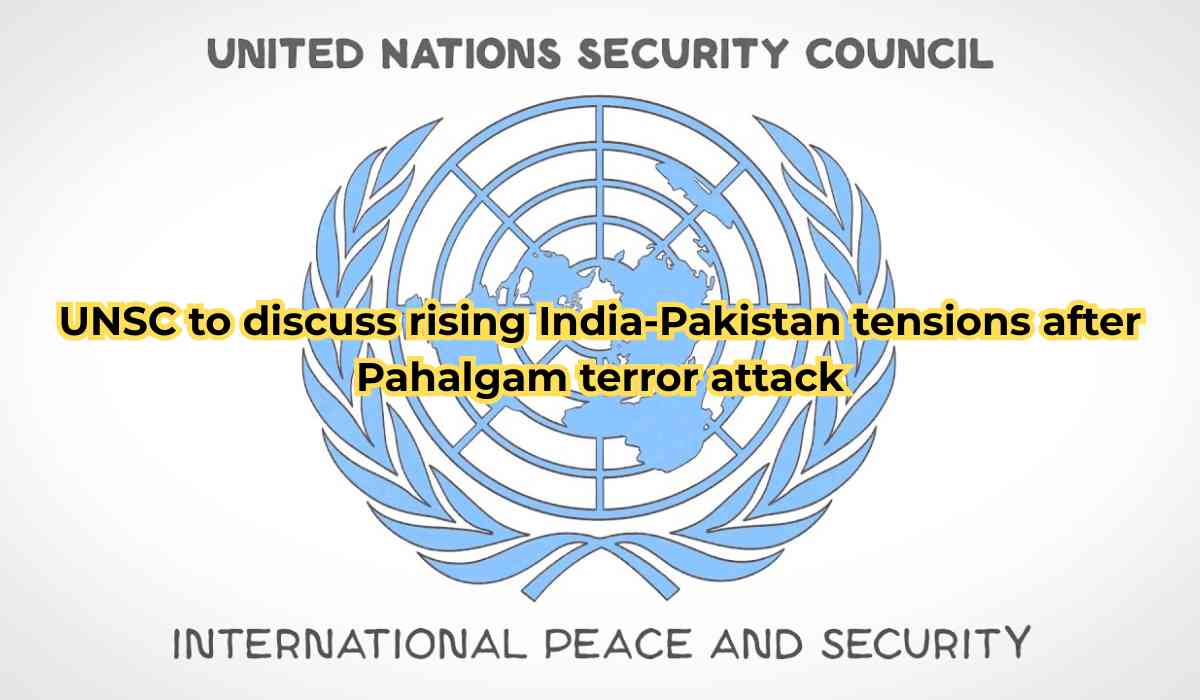The United Nations Security Council (UNSC) is scheduled to hold a closed-door consultation on Monday, May 5, in response to escalating tensions between India and Pakistan following the deadly terror attack in Pahalgam on April 22. This high-level meeting was initiated at Pakistan’s request and has been officially scheduled by the Greek Presidency of the UNSC.
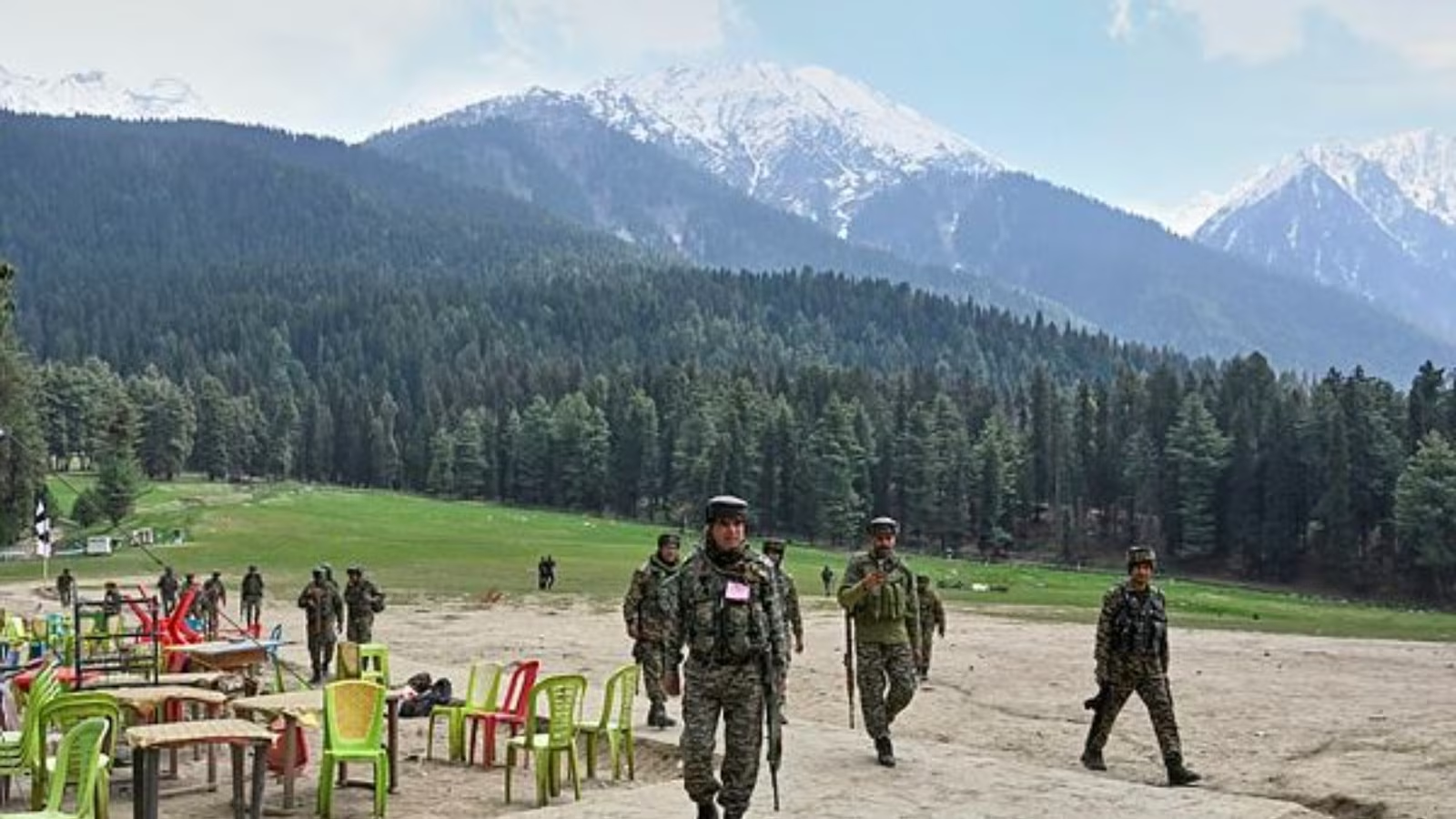
UNSC Presidency's Condemnation
On April 22, a terrorist attack in Pahalgam, a popular tourist destination in Jammu and Kashmir, claimed the lives of 26 individuals, most of whom were tourists. The incident triggered international condemnation and has since become a major point of contention between India and Pakistan.
Ambassador Evangelos Sekeris, the Permanent Representative of Greece to the UN and President of the UNSC for May, strongly condemned the attack:
“This is a position of principle. We condemn terrorism in all its forms, everywhere it is happening. On the other hand, we are concerned about this tension which is mounting in the region,” he said, as reported by PTI.
Key Details of the UNSC Meeting
-
Date of Meeting: Monday, May 5
-
Venue: United Nations Headquarters
-
Type: Closed-door consultation
-
Convened by: Greece (Current UNSC President)
-
Requested by: Pakistan
-
Agenda: Regional developments post-Pahalgam attack, India's suspension of the Indus Waters Treaty, and escalating bilateral tensions
Participants
The meeting will involve all 15 members of the Security Council:
Permanent Members (with veto power):
-
China
-
France
-
Russia
-
United Kingdom
-
United States
Non-Permanent Members:
-
Algeria
-
Denmark
-
Greece
-
Guyana
-
Pakistan
-
Panama
-
South Korea
-
Sierra Leone
-
Slovenia
-
Somalia
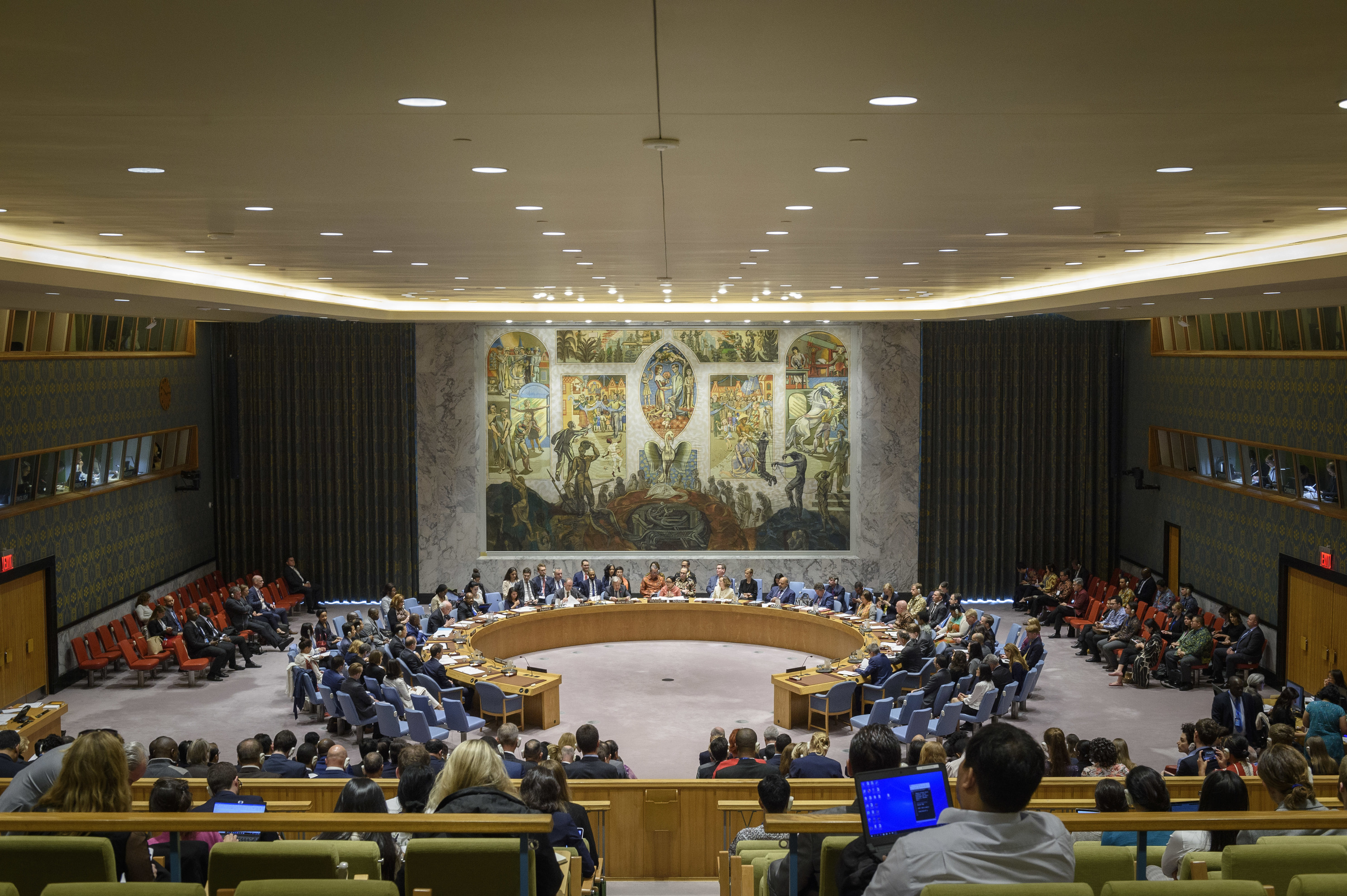
Pakistan’s Diplomatic Move
On May 4, Pakistan’s Foreign Office announced its intention to brief the UN about developments in the region, particularly in light of India’s recent diplomatic and strategic moves, such as:
-
Suspension of the Indus Waters Treaty
-
Termination of cross-border trade via the Attari Integrated Check Post
-
Revocation of the SAARC Visa Exemption Scheme for Pakistani nationals
These steps are seen as India’s immediate response to the Pahalgam attack, escalating diplomatic pressure on Islamabad.
India’s Global Engagement Strategy
India has strongly countered Pakistan’s actions on the international stage. A week prior to the UNSC meeting, India accused Pakistan of using the UN platform for propaganda rather than constructive dialogue. To bolster its diplomatic position, India has reportedly reached out to eight of the UNSC’s non-permanent member states in a bid to secure support and ensure a balanced narrative in the upcoming discussions.
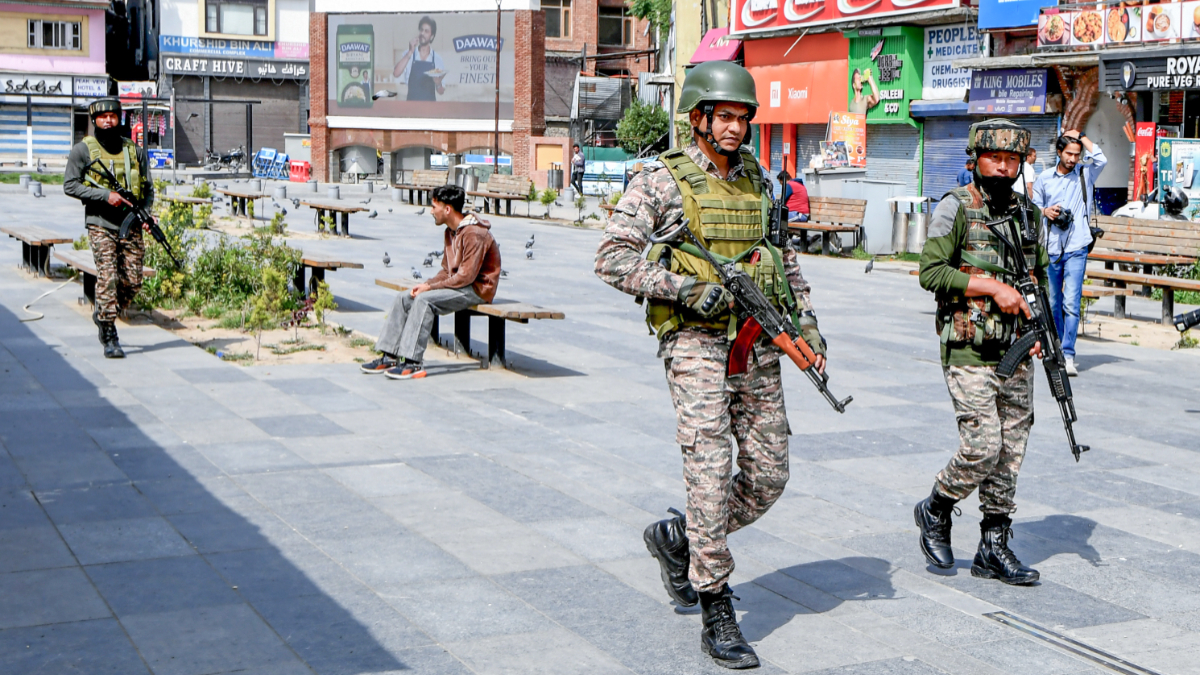
US Mediation Efforts and Stand on Terrorism
The United States has consistently expressed solidarity with India in its battle against terrorism and has played a mediating role to reduce tensions between the two nuclear-armed neighbors.
US Secretary of State Marco Rubio held separate conversations with:
-
Indian External Affairs Minister S. Jaishankar
-
Pakistani Prime Minister Shehbaz Sharif
During these talks, Rubio:
-
Encouraged both nations to de-escalate tensions
-
Urged Pakistan to cooperate fully with the investigation into the Pahalgam attack
-
Emphasized the need for restraint and responsible diplomacy
India’s Official Response to the Pahalgam Terror Attack
India has adopted a multi-faceted approach in the aftermath of the attack, combining diplomatic offensives with strategic policy shifts.
Key Measures Taken by India:
-
Suspension of the 1960 Indus Waters Treaty: A landmark water-sharing agreement between the two countries, now put on hold as a signal of India’s serious displeasure.
-
Halt on cross-border trade at Attari ICP: One of the few functional trading points, the suspension further limits economic interactions.
-
Revocation of the SAARC Visa Exemption Scheme: This move affects Pakistani officials and delegates traveling to India under SAARC agreements.
Prime Minister Narendra Modi’s Strong Statement
In a high-level security meeting that included India’s three service chiefs, Prime Minister Modi vowed to deliver justice. He stated:
“We will pursue the perpetrators and their supporters to the ends of the Earth and inflict the harshest punishment imaginable.”
He also granted the armed forces "complete operational freedom" to determine the mode, timing, and targets of India's response, underscoring the seriousness with which India is treating the attack.
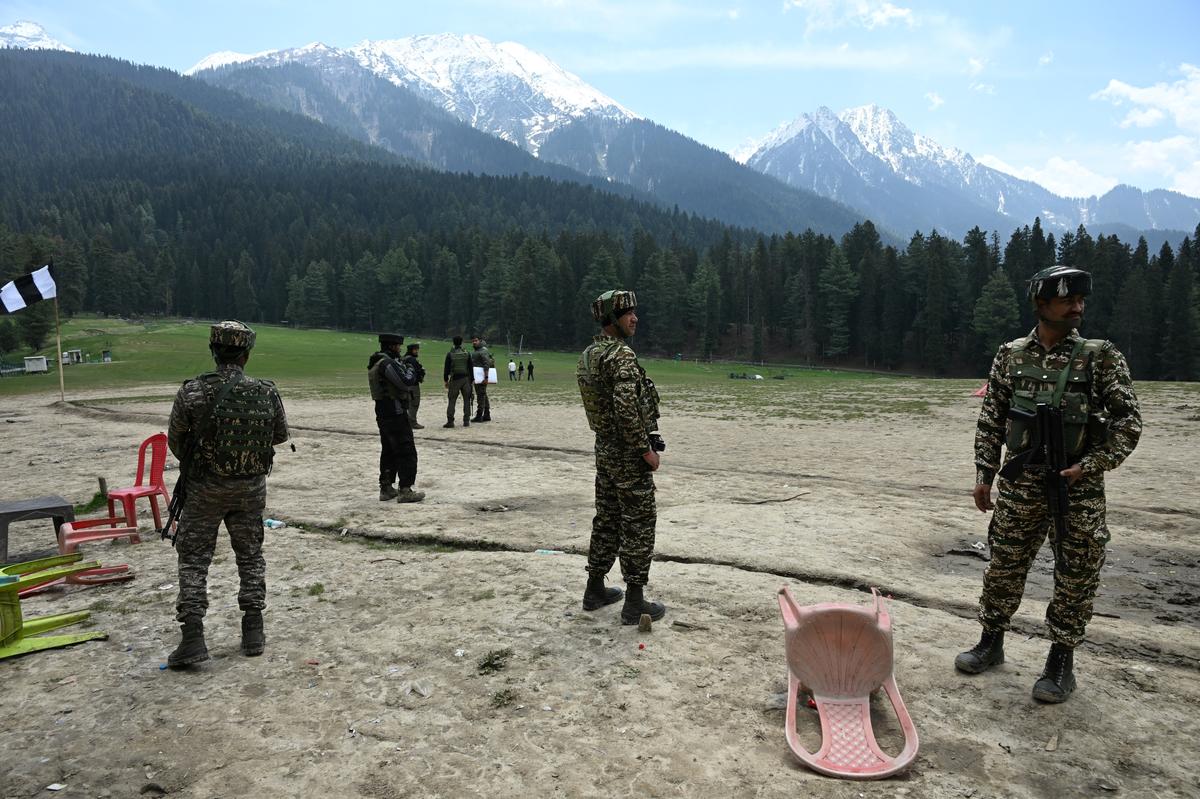
A Region on Edge
The UNSC’s closed-door meeting represents a critical moment in international diplomacy, as the global community watches how India and Pakistan handle this volatile situation. While terrorism remains a common threat, the geopolitical sensitivities in South Asia make this an issue of both regional stability and international concern.
With major global powers involved and diplomatic lines drawn, the path forward will depend on the outcomes of this UNSC session, the actions of both India and Pakistan, and whether meaningful dialogue can prevail over rising hostilities.
With inputs from agencies
Image Source: Multiple agencies
© Copyright 2025. All Rights Reserved Powered by Vygr Media.

